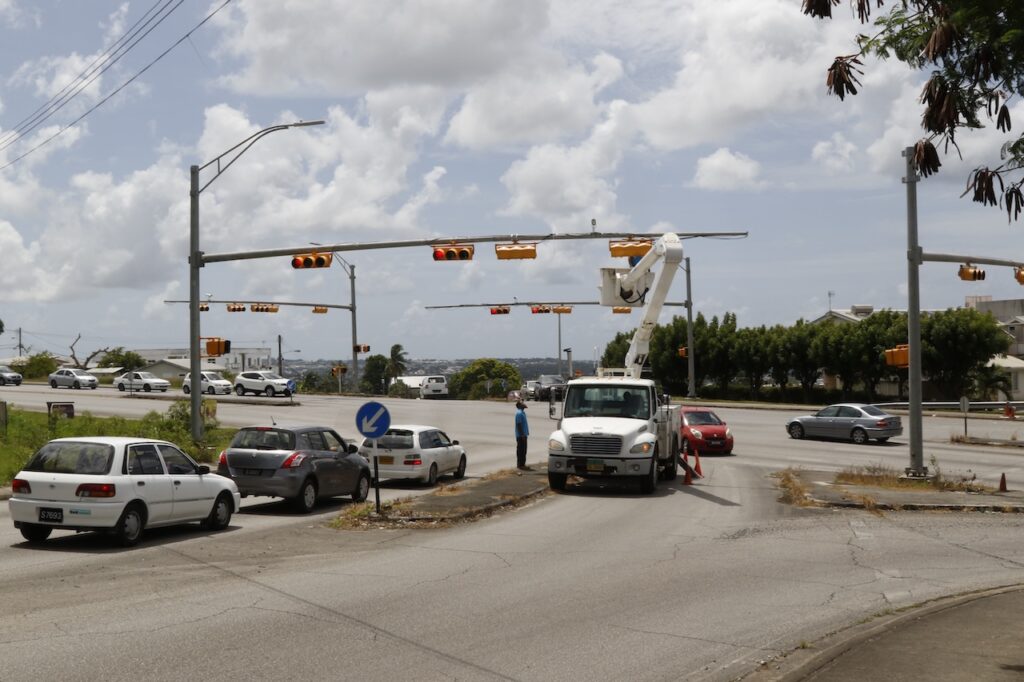Barbados must urgently reform its sentencing policies to tackle the nation’s staggering 63 per cent reoffending rate, according to the government’s chief criminologist, Cheryl Willoughby.
Highlighting the inadequacies of short-term prison sentences and overcrowded facilities, Willoughby warned these issues are crippling efforts to rehabilitate offenders and reduce recidivism.
She said: “We have to find ways of encouraging, monitoring, as well as assisting those persons to reintegrate and continue being productive citizens.”
The director of the Criminal Justice Research and Planning Unit (CJRPU) made the suggestion during a virtual presentation of research findings on recidivism, which revealed that the country has a reoffending rate of 63 per cent.
She noted that short-term sentences fail to provide sufficient time for behavioural change, stressing the need for a comprehensive approach to prisoner rehabilitation and reintegration.
“There are certain barriers that do not allow for rehabilitation to take place, and one of those barriers is sentencing policy,” Willoughby said.
Limited detentions, she noted, do not effectively address core issues: “It is difficult to change behaviours within a three-month or six-month period because it takes long periods for a person to change behaviours, so what we have to do is look at sentencing policies to determine whether the sentences given will allow for effective rehabilitation.”
Willoughby also highlighted the challenges posed by overcrowding in the prison system, noting that it hampers the delivery of rehabilitation programmes.
“If we have a prison system that is overcrowded—and overcrowded does not only speak to capacity—it speaks to the fact that you may have so many persons in prison that you are not able to effectively carry out your rehabilitation programmes based on the resources that you have available to you,” she said.
The CJRPU director highlighted that overcrowding often limits the availability of critical programmes such as education, dispute resolution, and substance abuse treatment, noting that without these resources, prisoners are more likely to reoffend upon release.
“It means that you are not able to facilitate the rehabilitative component of prison and that is where you will see a lot of young persons who are released from prison tend to reoffend, given that there is no throughcare programme currently in effect in Barbados,” she said.
Willoughby further lamented the absence of a functioning aftercare system or a parole system to provide post-release support.
“I know that previously we had an aftercare committee. I have not heard about that in recent times,” she said, adding that talks to implement a parole system are still yet to materialise.
“That system would allow persons to be released early whereby you would then have follow-up and monitoring that would also facilitate persons being employed and supervised at a more intense level.”
A CJRPU study further identified key barriers to reintegration, including untreated substance abuse and anger management problems, as well as difficulties in securing employment, the crime researcher said.
“When they were released, they went back into the same environment that they were in previous to incarceration. And mind you, based on the constitutional rights of an individual, as long as they have served their sentences, they are free to go. We cannot mandate that they attend programmes after they are released,” Willoughby said.
To address these gaps, she proposed developing a system for continuous follow-up and supervision, “especially [for] young people who are now seeking to find ways of surviving”.
(SM)
The post Rehab roadblock: Sentencing reform call amid high recidivism appeared first on Barbados Today.


